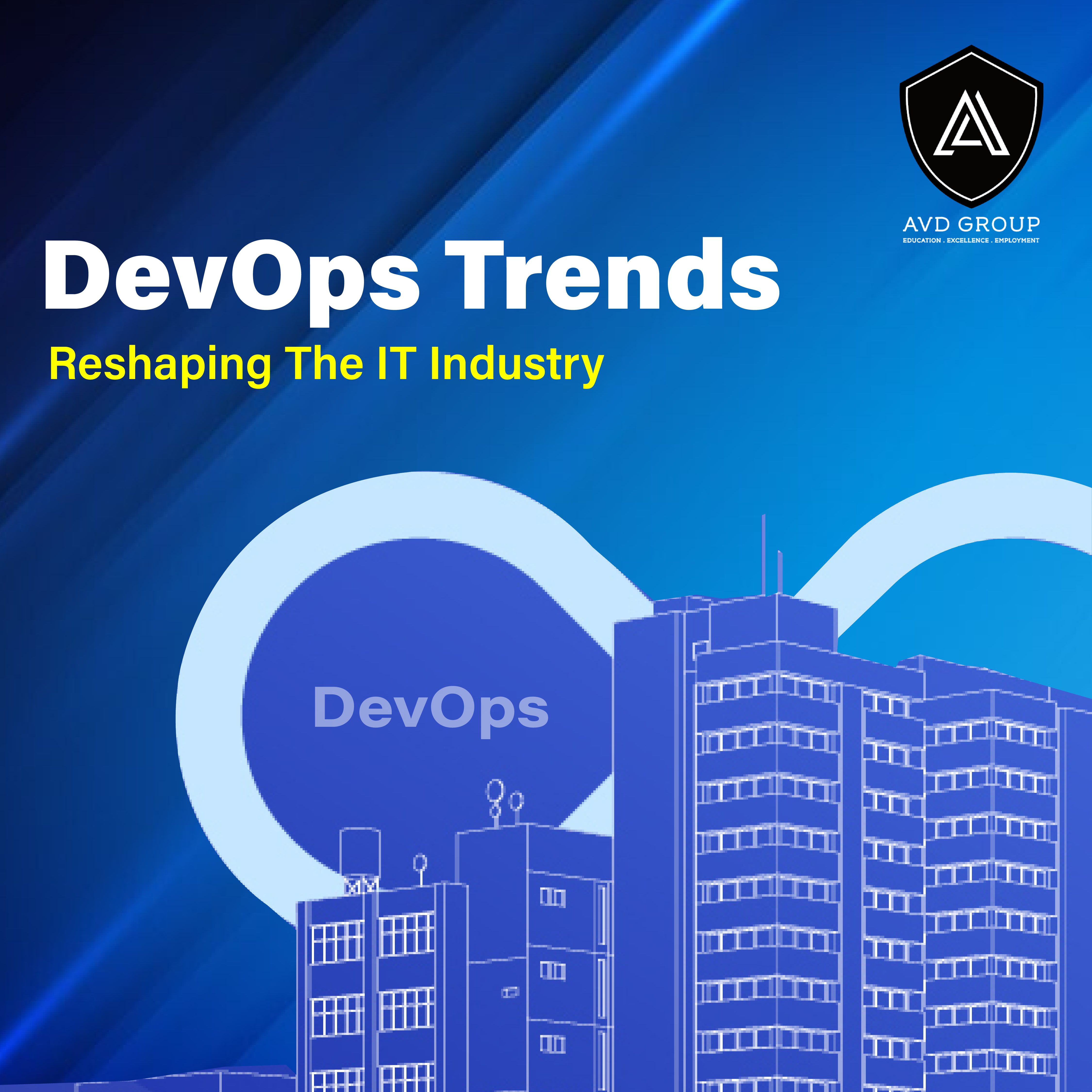What Are The Current Trends In DevOps?

DevOps is, without a doubt, one of the few significant changes in this tech era. It’s becoming increasingly clear that it is one of the most popular and successful Agile frameworks today. It is essential to earn a professional certificate if you wish to understand the DevOps framework’s practices fully. If you want to advance your career, taking the DevOps classes in Pune is all it takes.
As new trends in DevOps have come out, more and more people are using it. The latest technology trends build on the best practices to help businesses improve in today’s digitally driven market. With it, companies can quickly give people something of value in a new way. Here are the most important DevOps trends to keep an eye on.
1. DevSecOps
To further improve security in the digital age, many businesses have adopted the DevSecOps lifecycle. They have implemented it to improve both governance and observability. The primary concept of DevSecOps is to build security from the start of the development process rather than adding it as an afterthought.
2. Computing Without Servers
In serverless computing, servers aren’t needed to create or operate software. These apps are designed to work without human intervention at any point, including the management of servers. Over the years, it has become a popular new method for deploying software. The serverless computing strategy has been beneficial to the DevOps process. Its increased functionality has effectively bridged the gap between Development and Operations. It also assisted in generating the DevOps pipeline’s code without requiring the host for the development, testing, or deployment processes.
3. Kubernetes
Kubernetes, also called K8, is an open-source platform that can be easily modified and moved to facilitate the management of containerized services and workloads. Its continuous and self-sufficient container-based ecosystem for integration gives developers the freedom to scale up or down resources. Many programmers are using Kubernetes as a means of integrating containers. In addition, it makes it easier for departments to work together and ensures that there is as little downtime as possible during deployments, both of which align with best DevOps practices.
Consider joining DevOps classes in Pune to learn about this framework.
4. Low Code Programs
Low-code DevOps is a methodology that many large corporations have embraced. This methodology promotes flexibility, giving businesses a significant advantage in the fiercely competitive software industry. It allows businesses and enterprises to create applications with little to no experience in writing code. A visual interface to control the entire app development process enables non-technical workers to participate in software development. This is one of the most talked-about DevOps trends of the future that emphasizes making software as easy as possible.
5. GitOps
Adding GitOps to the DevOps process is one of the most exciting developments in the field. It helps in infrastructure management through control, monitoring, and automation. With the Kubernetes paradigm, IT operations administrators and developers can now use Git to collect and deploy several applications. When it comes to automating the core infrastructure, GitOps considers all of the best practices of DevOps, including collaboration, version control Al, compliance, and CI/CD. It also emphasizes regular delivery and releases so software can be developed, tested, and deployed rapidly and effectively. DevOps training in Pune is all you need to become an expert in this platform.
6. Microservice Architecture Framework
Microservices, or microservice architecture, have become popular in today’s information technology uses. It has successfully broken down the old, massive applications into smaller, easier-to-handle pieces tailored to the latest DevOps market trends. This architecture has simplified both the testing and deployment phases of development and operations and the regular and reliable distribution of software and apps. It has led to an increase in product quality across all areas.
7. CI/CD
Adopting CI/CD will dramatically shift and revolutionize how firms function. In the past, it was used to recreate a product after each change and run it through a series of tests designed to guarantee that the modifications had no adverse effects on the system’s overall functioning. This can be a laborious process that consumes much energy and time. Automating testing within CI/CD pipelines will free up resources and speed up code deployment into software systems. Additionally, teams can implement new quality criteria at any point in the CI/CD pipeline without sacrificing speed.
8. AIOps
Two of the most well-known new DevOps tools are MLOps and AIOps. To maximize the benefits of high-quality, rapid releases, it is crucial to improve the DevOps processes, where MLOps and AIOps come into play. While MLOps enhances the framework for creating machine learning applications, AIOps assists in automating IT operations. Therefore, AIOps makes pinpointing the root of the issues that limit operational efficiency, and MLOps makes optimizing processes and boosting productivity simple.
Conclusion
DevOps is an evolving trend to improve operational efficiency through increased collaboration between development and operations teams. They provide a greater emphasis on enhancing the framework to serve end users better. Consider enrolling in DevOps classes in Pune if you want to learn more about this methodology.
If you’re looking to further your career in DevOps engineering or thinking about entering the sector, you are in the right place! In addition to providing hands-on experience with popular DevOps tools and technologies, AVD Group offers the best curriculum to prepare you for the industry. Check our website to learn more.

